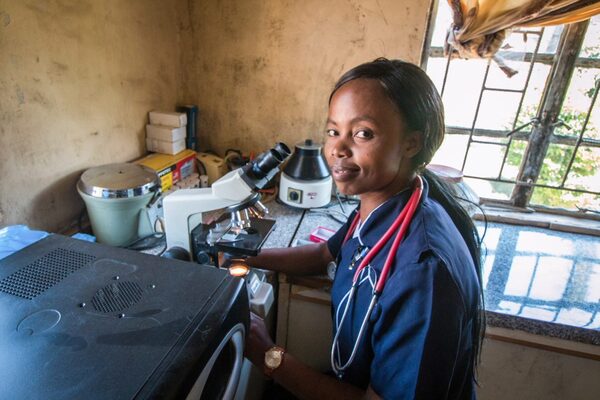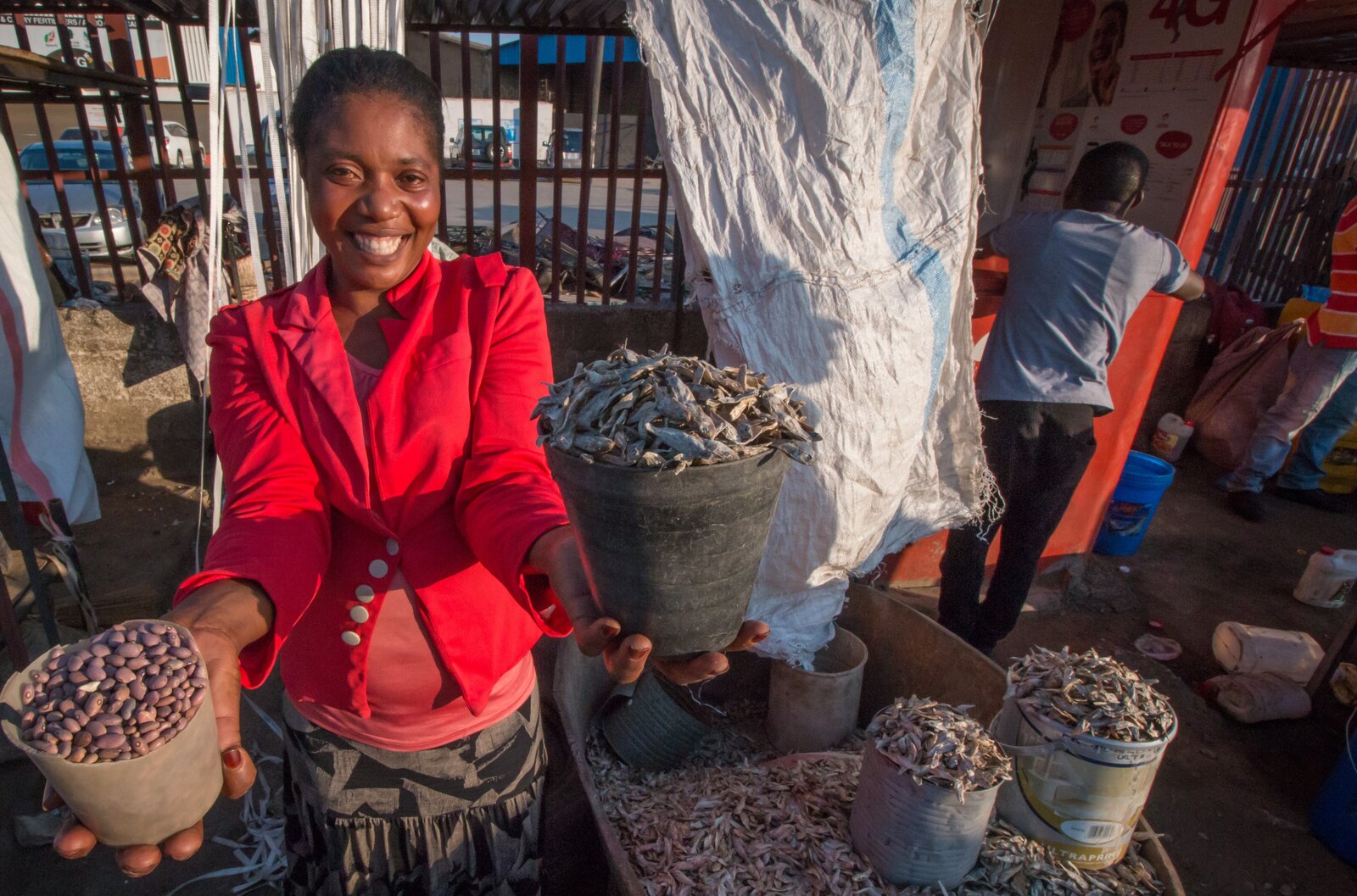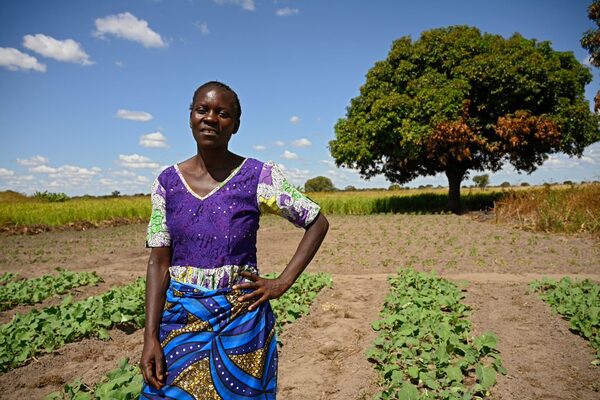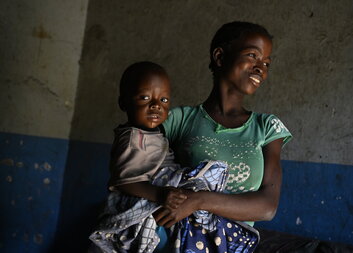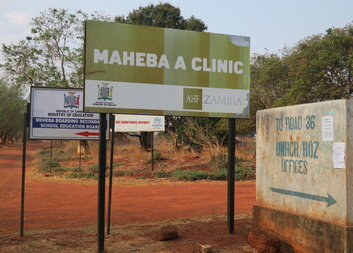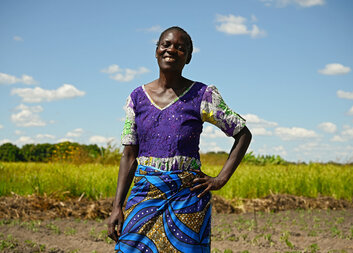What causes malnutrition and how we help prevent it in Zambia
More than half of Zambia's nearly 20 million people live below the poverty line. The country's malnutrition rate is one of the highest in the world, with nearly half the population unable to meet their minimum calorie requirements. More than one-third of children under five years of age are stunted. Poverty, inequality and the increasingly severe effects of climate change are exacerbating hunger levels. How is Caritas Czech Republic tackling malnutrition in Zambia?

